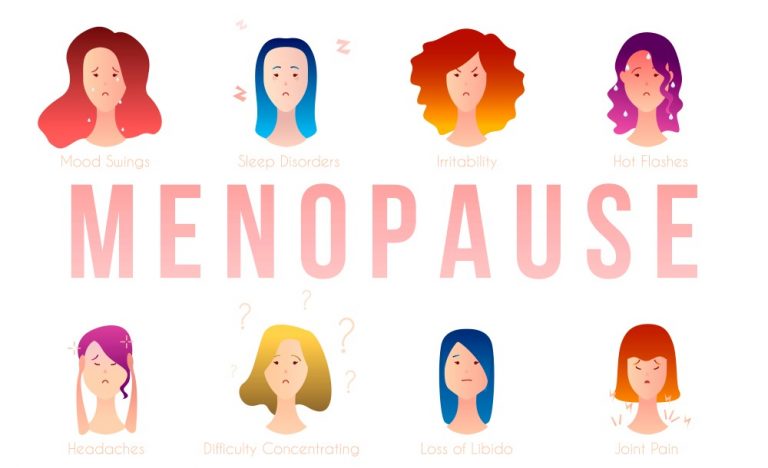
An important factor in skin aging for women is the onset of menopause that time in a woman’s life when her body stops manufacturing estrogen and when ovulation and menstruation cease. Menopause is a rite of passage now affecting millions of women.
Impact of Menopause
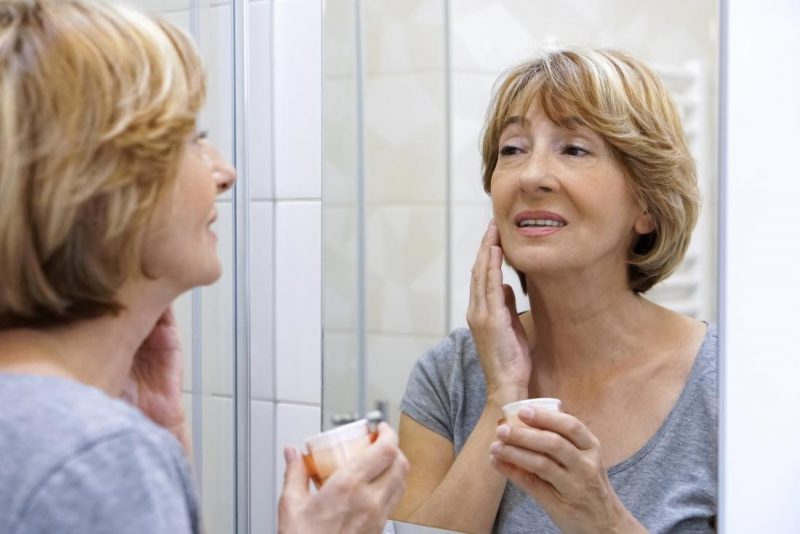
The effect of menopause on the lives of women varies a lot. Some women find the transition “no big deal”, whereas others find themselves suffering months. Perhaps years, of physical and emotional discomfort. Symptoms can appear at any time in what is technically called “the period-menopausal process”: premenopause, when periods become irregular and lighter or heavier; menopause, when the periods stops; postmenopause, the process can begin in the early forties or in initial fifties, but by age 55, around 95% of women will be postmenopause.
Problems of Menopause
All should be aware of the potential physical problems of menopause conditions such as hot flashes, headaches, heart palpitations, fatigue, insomnia, weight gain, dry skin, hair loss and vaginal dryness that can mean painful intercourse. Emotionally, there can be increased anxiety, irritability, “fuzzy-mindedness,” changes in sexual drive, and mild to deep depression which can compound the stress in women’s lives. On top of all this, there can be women’s increasing concern about their physical appearance and general attractiveness and the fear of “looking old”.
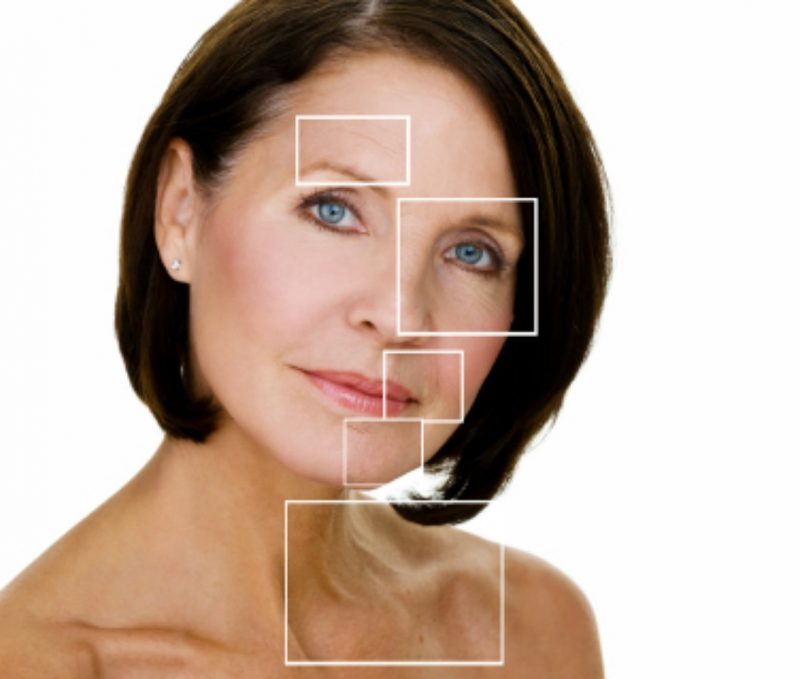
Affecting the Skin
The hormonal changes that take place during menopause do affect the skin though compared to other problems, dry skin and occasional acne can seem like the least of your worries. Still, for many women, the wrinkles that begin to appear more apparent as they enter menopause are the most visible tangible signs of aging. There are also other skin changes that are hormonally related like increased dryness, loss of skin elasticity and for many women the appearance or reappearance of acne.
Hormonal Replacement Therapy (HRT)
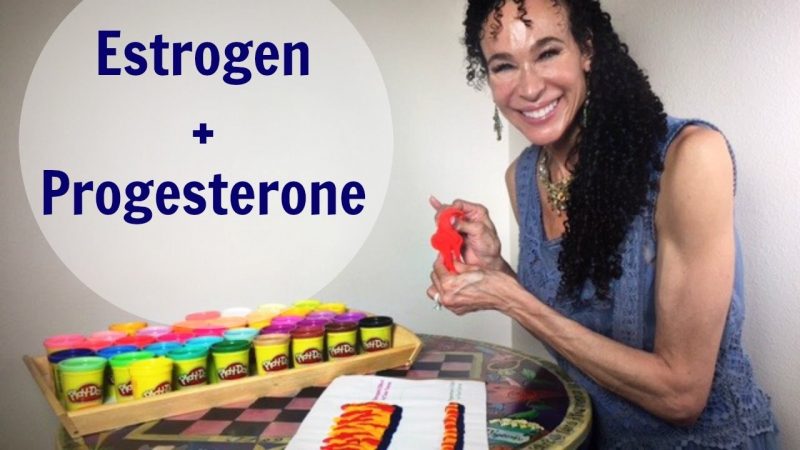
Many women are attracted to hormone replacement therapy in hopes of achieving younger looking skin. HRT refers to replacing the estrogen and progesterone depleted by menopause. Deciding whether or not to take hormones and for how long is a very individual decision that should not be made only on the basis of skin appearance. It is a decision to be made in consultation with your doctor, hopefully, a physician who is knowledgeable of menopause, HRT, etc. There are different kinds of hormones and number of ways to take them – orally, vaginally, rubbing them into the skin or via a skin patch.
In the 1950s and 1960s, the only estrogen was prescribed for menopausal women, and by the mid-1970s, reports were indicating that women on long term estrogen replacement were showing increasing evidence of endometrial cancer(cancer on the lining of the uterus).
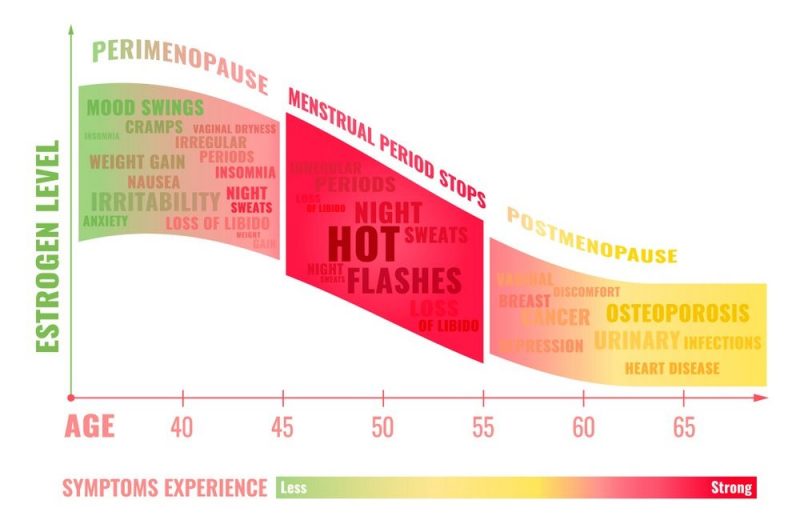
Menopausal Treatment
One of the newest developments in menopausal treatment is the use of natural forms of estrogen and progesterone. They are derived from soybeans and wild Mexican yam by massaging the cream into the skin. There are few side effects which are reported of such creams. Many health practitioners are finding that the progesterone cream alone helps relieve menopausal symptoms and is it an effective alternative to HRT.
Menopausal women are also finding that ancient Chinese herbal medicines like dong quai and ginseng relieve hot flashes and vaginal dryness. There are quite a few other alternatives to hormonal supplements available through acupuncturists, homeopaths and herbalists who are knowledgeable about menopause. These treatments may be useful for those who don’t want to take hormones or who have poorly reacted by taking them.